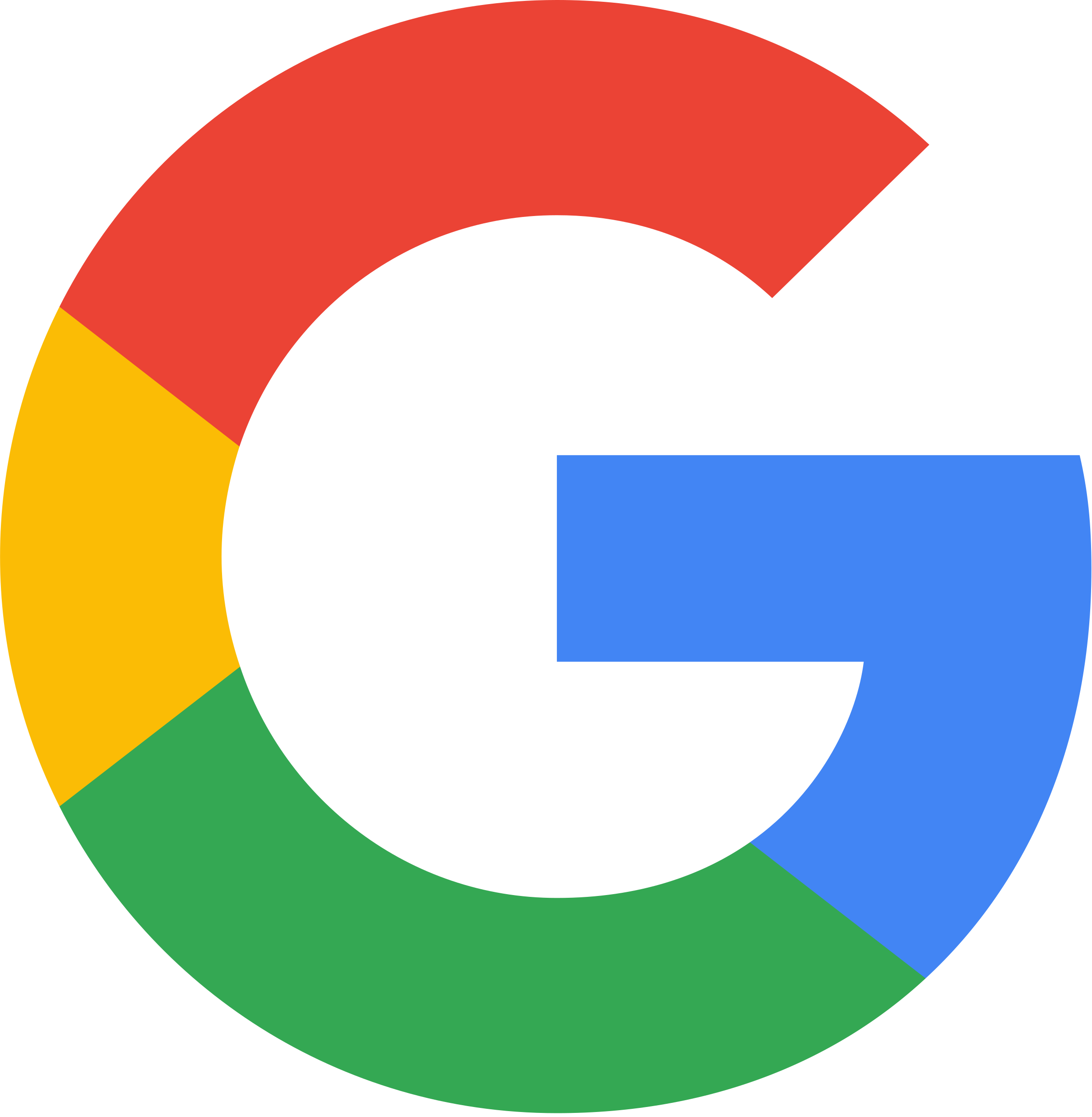
All GuidesGoogle
Google Software Engineer Interview Guide
Learn how to prepare for the Google Software Engineer interview and get a job at Google with this in-depth guide.Browse software engineer interview questions
Review recently asked software engineer interview questions and answers from real candidates.
Explore more software engineer content
Watch mock interviews, review fundamentals, and get insider interview tips with Exponent.
Learn everything you need to ace your Software Engineer interviews.
Exponent is the fastest-growing tech interview prep platform. Get free interview guides, insider tips, and courses.
Create your free account